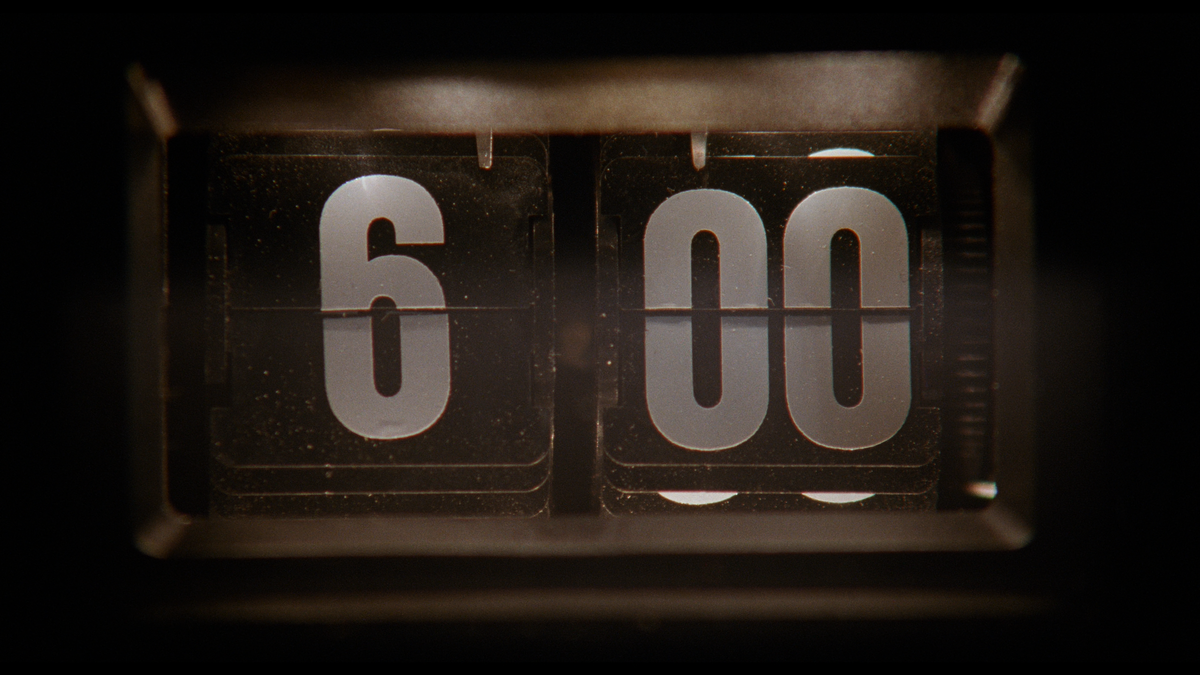Groundhog Day - Does Every Day Feel The Same?

Phil: "What would you do if you were stuck in one place and every day was exactly the same and nothing that you did mattered?"
Ralph: "That about sums it up for me."
Groundhog Day movie released in 1993 is very interesting for me personally, because the story perfectly solidifies the feeling each of us might have about our personal lives.
Both director Harold Ramis and screenwriter Danny Rubin were surprised by the film's broad spiritual interpretations. Ramis recounted hearing about Hasidic Jews carrying placards outside theaters, not in protest, but posing thought-provoking questions like, "Are you living the same day over and over again?" The movie received positive feedback from religious leaders across various faiths—including Buddhist, Christian, and Jewish communities.
Everyone's experience with a movie or an idea can be entirely unique. For example, in his Guardian article, "I watched Groundhog Day every day for a year. Here’s what I learned," Adam Daniel shared how he naturally noticed more and more details about the movie with each daily viewing. This is a concept I find fascinating and often discuss with others. The more we revisit something—be it a book, a relationship, or an experience—the more we get out of it. We frequently re-live experiences and find opportunities to pick up new things, which helps us improve our interpretation and subsequent reactions.
Being Stuck In The Same Room
Another movie that explores this subject is the 2003 Korean film, "Oldboy." In the beginning of the film, the protagonist is locked inside a room for years with no way to escape. He uses this time to learn martial arts and transform himself, spending the rest of the movie seeking revenge.
I can relate to the feeling of being locked away, whether physically or mentally. We all sometimes wish for a rapid transformation or instant success, often forgetting that true growth requires patience and consistency.
This is why I sometimes ask people if they would be willing to be locked away for two years in a "camp" where they don't have to pay rent or prepare food, and in return, they would emerge with a new skill set or degree. A surprising number of people say yes to this. The idea of dedicating ourselves to a complete transformation is appealing in today's society, especially as we see more and more examples of "success" on social media.
While the idea is appealing, we don't always act in a way that makes it a reality. The prospect of doing something consistently for years only looks good in hindsight, after the work has been done and the results are clear.
What Can We Do About the Way the Life Feels
I find more and more interesting things every day, and I think this is the crux of the problem. I feel I've been distracting myself too much by consuming stuff that's "out there," which leaves no real opportunity for me to move and grow from "within".
If I were to lock you inside an empty room for an hour, you could probably remember and come up with hundreds of exercises to get fit or lose weight. Or, if you're into something else, you could likely come up with hundreds of things to improve X or fix Y. The issue is that we always seek new tips and tricks instead of going all-in on the stuff we already know. As the saying goes, "it is simple but not easy." It's hard to be consistent with just a few things, but it is always appealing to learn a new tip, trick, or gadget.
I'm experimenting with cutting down on media consumption, especially news and current events. I feel like this gives me more opportunities to act from within rather than being swayed every day by some news story or hot new tip, jumping from carrot to carrot to satiate my short reward circuits.
I use an iPhone app called Grit to plan my habits and exactly what I will do. Then, I perform that same thing consistently, and I truly see and experience my own growth. While it might feel like the same day over and over again, my brain isn't stupid—after a few months, I can see the difference. I've gone from A to B.
Rita: "Sometimes I wish I had a thousand lifetimes. I don't know, Phil. Maybe it's not a curse. Just depends on how you look at it."
The Big Distraction
In one memorable scene in the Groundhog Day movie, Phil Connors' tries to help the homeless man by offering him food and money. However, the man dies every day due to poor health. Phil tries to save him with different methods, including giving him CPR and taking him to a hospital, but the man's death is a constant, unchangeable outcome.
This scene shows that everything has their limits, even Phil's power of repeating the same day over and over again. He learns he cannot prevent death or fix every problem, no matter how many times he tries. The experience forces him to accept that some things are beyond his control.
The movie segment resonated with me because it clearly shows that life can become unexpectedly complicated or have an abrupt ending. This brings me back to social media consumption; I feel we are often distracted from the fact that things can change very quickly and without warning. While this article might explore a more pessimistic concept—that we might feel stuck and things won't change—I agree with Rita, that it can also be a great opportunity for us to act.
Thank you for reading.
